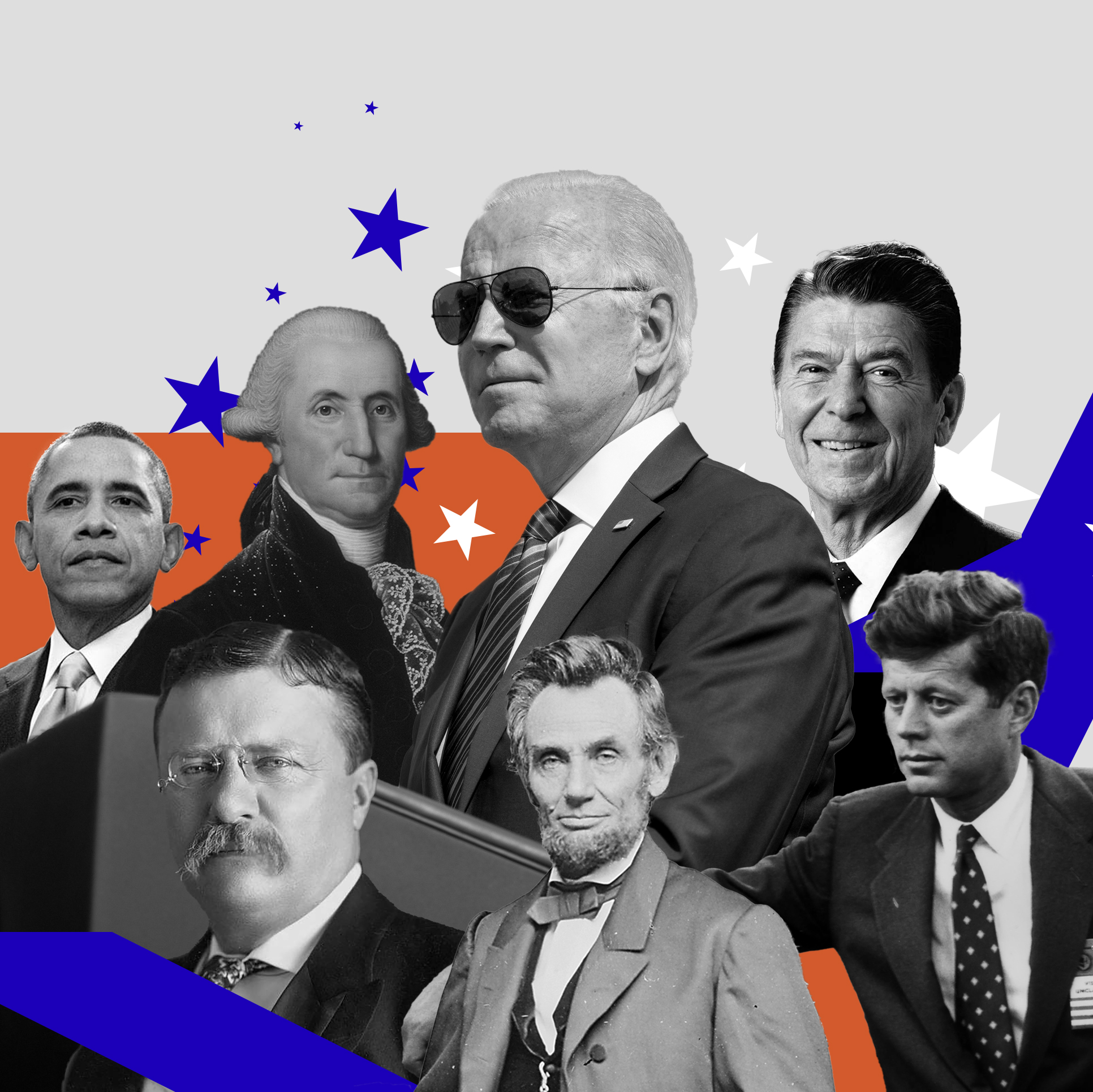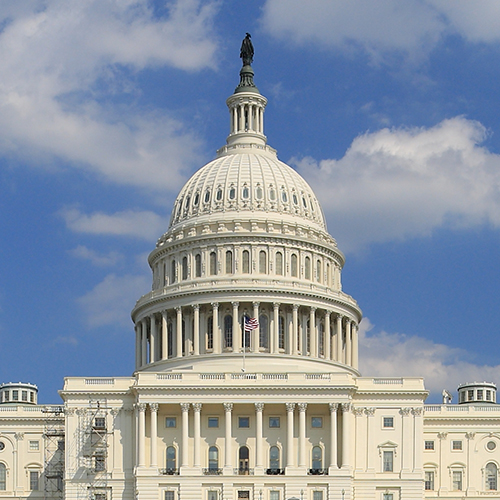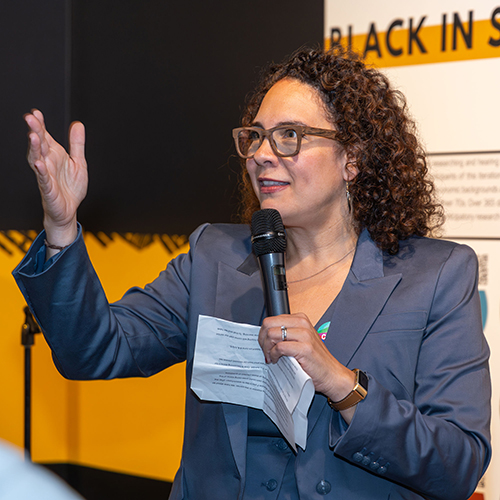Teresa Cheng (BA, Communication, 1979), a producer at DreamWorks Animation, has more than 20 years of production experience at leading film studios and digital effects production houses, as well as at Canada’s largest broadcasting network.
Cheng recently produced the fourth installment of the most successful animated franchise of all time, Shrek Forever After. Her previous DreamWorks animation projects have included Shrek the Halls (producer), Madagascar (co-producer), The Madagascar Penguins in a Christmas Caper (producer), and Spirit: Stallion of the Cimarron (production manager). She is currently a Senior Production Executive consulting on the startup of Oriental DreamWorks. In that role, she is involved in setting up the production team in Shanghai and advising on all aspects of feature animation production including the scheduling and budgeting of films destined for China as well as recruiting, training, and staffing.
Before joining DreamWorks Animation, Cheng produced visual effects for numerous films, including Batman and Robin, Batman Forever, Ace Ventura II: When Nature Calls, and True Lies. In addition, she supervised the production of the first Coca-Cola commercial featuring computer-generated polar bears, and a television spot for Jeep called “Snow Covered,” which earned a Cannes Grand Prix award.

What was your path from communications major at the UW to producer at Dreamworks?
During my senior year at the UW, I was lucky enough to have an internship as a tour guide at KOMO-TV through Professor Pat Cranston. I also worked part-time at KCTS-9 on a monthly community affairs show. Those experiences helped me get my first job in Vancouver, Canada, producing on-air promos for television.
I moved to Toronto and worked for CBC Television for eight years, starting as a promos producer and ending up as the manager of graphic design. My last two jobs at the CBC introduced me to computer graphics, which then landed me jobs in Los Angeles as a commercials producer for digital studios like Rhythm & Hues and Digital Domain. At Digital Domain, I got the chance to produce computer generated visual effects for movies like True Lies and Batman. Eventually that led to DreamWorks Animation, where I spent the last 15 years working on animated features in various production capacities, including production manager, head of production, and producer.
I guess it was a rather circuitous route but it all makes sense now! The important lesson learnt is to be open to all opportunities as you never know where they may lead you.
What are the particular joys and challenges of working in animation?
I love working in a creative environment. I'm surrounded by some of the world's best artists, technologists, and production people. Every day is different and I'm still learning new things all the time. You're always asked to do something you haven't done before and there's no manual, no rule book. You have to rely on your instincts and trust your gut and hopefully years of experience to tell you what to do. There is never enough time or money to do everything, but that's when people get creative with their solutions and you're the constant voice in the room to help the crew focus on what's important.
Animated features take about four years to make from the start of story to the final color-corrected frame. It's a marathon in which you can easily hit "the wall" many times. When you have a good crew, they make difficult seem fun.
When considering a new project, what is your primary consideration?
For me, the people make the project. When you work with people who inspire you with their intelligence and ingenuity, it makes all the difference in the world. Of course, it helps when you have a good story to tell! At DreamWorks Animation, we try to make movies that speak to all ages with themes that have universal appeal and important life lessons. Every movie we make looks and feels different than the last one. That's why I've been here 15 years and have never been bored!
Has your liberal arts education, and more specifically your communication degree, helped you as a producer?
I think college prepares you to be a problem solver. We're taught to analyze things, to dig beneath the surface and discover what's there. I majored in broadcasting and all the projects invariably involved teamwork of some kind. That coupled with living in the dorm and meeting people from different states and countries helped me understand how to collaborate with all types of people.
Collaboration is so important in any kind of production. It takes a crew of 300 people to work together to make an animated film. It's a creative process in which all ideas are additive but you have to be able to distill everyone's contribution into a singular vision—the director's. As a producer, your responsibility is to keep everyone's (including your own) eye on the prize. You rely on the team to do their part and you're there to steer the rudder. Your job is to balance the creative/artistic goals with the practical ones (budget and schedule) while staying innovative. You are the morale booster... the universal adapter. You're the jack of all trades. You have to be the conduit of information amongst artists, technologists, and managers.
What has been a particularly memorable project for you as a producer?
This question is one of the hardest to answer. I have found every job and every project meaningful because I learn so much all the time, mostly from the difficulties encountered on each project and how people around me rallied to make the film better, never mind the time and budget constraints and no matter how exhausted they are. It's quite incredible so for me this is a real Sophie's Choice and I'm afraid I cannot name one favorite!
As a recipient of the Producers Guild of America’s “Digital 25: Leaders in Emerging Entertainment” award, can you comment on how technological advances are expanding the possibilities of animation?
Everything we do is in support of telling a good story. Technology is no different. Technology can help us be more efficient but it also affords us more opportunity to iterate and improve. It can render at resolutions that mimic what the human eye can see (and more). It can help us create virtual worlds and virtual humans— although the latter is still a little scary to me. I think there are endless possibilities in future delivery systems.
I lament the extinction of newspapers and bookstores because I grew up with mass media that is tangible.
People are now watching entire movies, surfing the net, and reading the news from small portable smart devices. None of these existed when I went to school. I think the challenge is to figure out how to tap into shared entertainment and information experiences. For me, it's more of a social change enabled by technological advances. With 3D, as an example, we are trying to recreate an immersive experience that's more real than real life itself. It ultimately boils down to how it makes you feel. That's the focus. The end result. Technology is only a means to that end. I personally favor the "what" (story) vs. the "how" (technology). Technology is fascinating and impressive but I want to be touched and moved by what I see.
Any advice for alumni interested in pursuing a career in the film industry?
Never give up. Films are created by people who are passionate. If that's what you want to do, consider any and all obstacles as part of your learning curve. Be open to all kinds of jobs. Be ready to relocate. The world is getting smaller and now the opportunities are worldwide.
What are some of your all-time favorite films, which have inspired you as a producer?
I like movies that surprise me:
The Usual Suspects and The Sixth Sense for their surprise ending.
Moulin Rouge for how Baz Luhrmann updated musicals. I loved the cinematography.
I like cross-over adaptations as much as I like musicians who cover previously recorded songs, because it's a fresh take on something we think we know:
Rodgers and Hammerstein's The King and I, adapted from stage to screen.
I can watch certain classics over and over again. Even though they are quite old-fashioned and dated, the characters still hold interest for me:
Hitchcock's Rear Window, which is particularly clever in how multiple stories are staged and watched from our hero's limited vantage point.
Breakfast at Tiffany's—Audrey Hepburn!
Two for the Road is another Audrey Hepburn film, told in a non-linear way that was very innovative for its time.
I love movies that make me feel and learn from a bygone era and yet certain things still hold true for today:
The Help
Empire of the Sun
I love seeing characters learn something by the end of the movie:
Rain Man
I like ensemble casts and multiple storylines:
The Best Exotic Marigold Hotel
Being an immigrant myself, I really enjoy movies that speak of cultural experiences/clashes:
The Joy Luck Club
The Wedding Banquet by Ang Lee
Wes Anderson's films - I love his quirky storytelling style and how all his characters are flawed and yet you can't help but like and relate to them:
Moonrise Kingdom
Darjeeling Limited
Fantastic Mr. Fox
Royal Tennenbaums
Too many favorites!!!
More Stories

Is This Presidential Campaign Different?
UW History professor Margaret O'Mara provides historical context for this moment in US presidential politics.

Making Sense of This Political Moment
To navigate this momentous election season, Arts & Sciences faculty suggest 10 books about the US political landscape.

Interrupting Privilege Starts with Listening
Personal stories are integral to Interrupting Privilege, a UW program that leans into difficult intergenerational discussions about race and privilege.